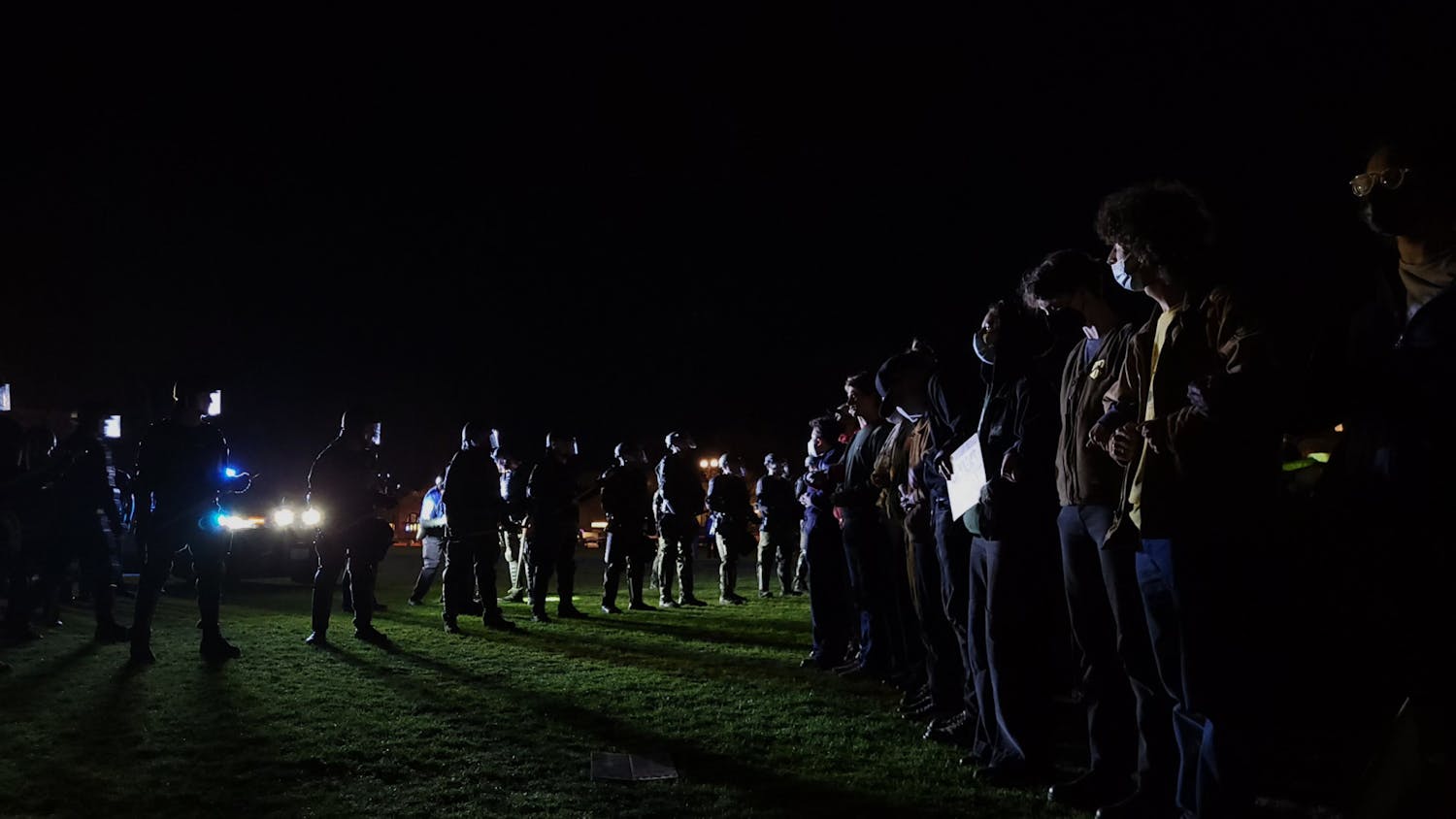To the Editor:
[Won Joon Choe's column] "Misconceptions of the Status of Women..." (Sept. 29, 1995) is an illuminating and provocative account of the role of women in East Asia, a topic which, as Choe asserts, has been much misunderstood in the West. He has capably demonstrated that the position of women in the Confucian East is not an embodiment of a perverse sexism, but the foundation of an apparently coherent social and political system. More important, in so doing he has subtly presented that system as a possible alternative to the individualistic and egalitarian ethos of the West in organizing society. It is an alternative that should not be dismissed hastily.
Allow me to preface my comments with a statement: I find very little that is wrong with the contents of Choe's column. I agree with Choe that some type of differentiation of roles between the sexes may contribute to the durability of marriage. It may be prudent to base this differentiation in nature. Finally, it is hard to dispute Choe's claim that "such societies, rather than ones based on radical individualism and egalitarianism of the West, can best combat the decay of morals and decline of civic spirit."
But the problem with Choe's column is in what he does not say about such societies. If Choe seriously intends to offer the traditional Confucian society as an alternative to modern liberalism, he should portray it in its totality, both its strengths and weaknesses.
Only from that enlightened vantage point can we make informed choices between divergent alternatives.
Now what Choe left out in his eulogy of the traditional Confucian society is the general impoverishment of its members. Confucianism, in its absolute insistence on social harmony and cohesion, has in most cases been hostile to technological innovation. It is not by accident that traditional Confucian societies like China and Korea did not develop technology as understood in the West: The application of science to undertake, in Francis Bacon's words, "the relief of man's estate."
The static nature of the traditional Confucian society means that, in return for the warmth of human relationships it fosters, people must labor under a horrible economy of scarcity, dependent on the whims of nature. Choe conveniently forgets how difficult everyday life was for the masses in pre-modern China or Korea. Upon reflection then, it may be that the real choice is not between morality (Confucianism or Aristotelianism or Rousseauism) and immorality (modern liberalism), as Choe would like to put it, but rather between morality and prosperity or wealth.
Of course it is possible that that choice has already been made by man, and that the Confucianism that Choe describes may no longer be a viable alternative for most people throughout the world. Even in the formerly Confucian East, people seem to no longer believe in the old, and Confucianism appears to have lost its ability to inspire.
In the end, we should not forget that traditionalists become more insistent when their cherished systems show signs of falling into disdain.


